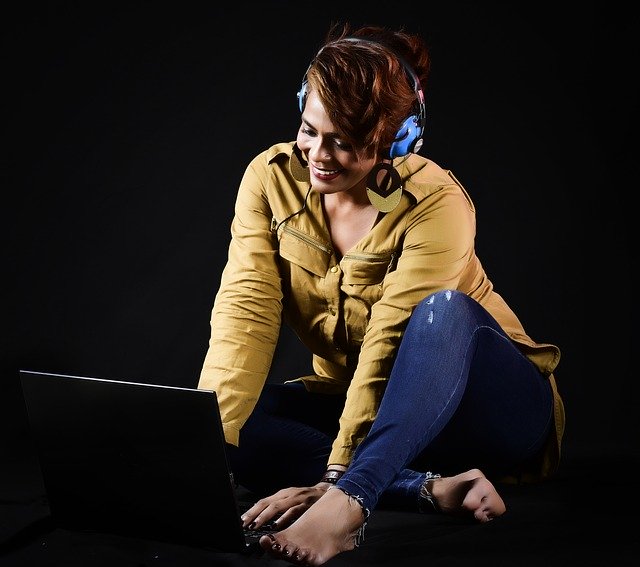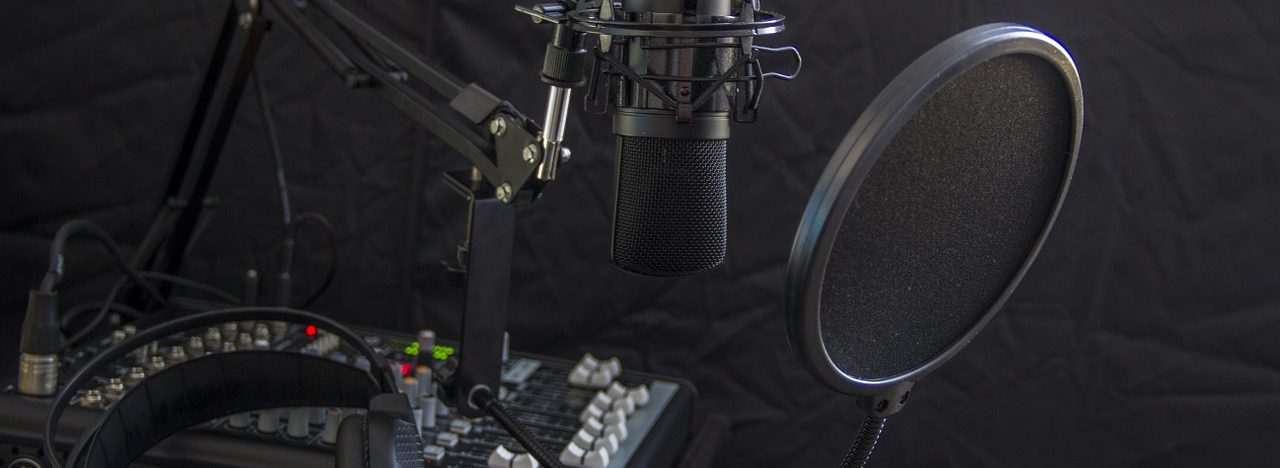Voice-over is a production technique also called “off-stage commentary” in which a voice that is not part of the storyline is used in TV production, filmmaking, theatre, radio or other types of media. The voice-over is read from a script and may perhaps be articulated by someone who performs somewhere else in the production or by a specialist voice talent (voice actor).
Voice-over is added in addition to any existing dialogue and used in video games, on-holds messages, announcements, information at events and tourist destinations, and events such as award presentations.
What is a voice-over actor?
Voice actors are specialists that provide their vocal talents for animated TV, audiobooks, movies, documentary television and film, commercials, video games, and multimedia. The first step in order to become a voice actor is to define what differentiates them from other performers in the entertainment industry, the training for a voice actor is different than the one for a screen actor, even though they can inform the other in matter of techniques since the two of them differ in the exact skillsets necessary to perform.

Voice-over training
No proper training is needed for voice-over, but there are skills that you are required to possess in order to become a voice actor, and you should look for both an acting coach and voice coach. But how to find the correct voice coach for you? A bit of common advice is for you to reach out to fellow actors for any possible references or referrals, but you can do your own research and see who out there offers what you’re looking for.
Nevertheless, while looking, make sure that whatever option you prefer at the moment has consistent feedback with reviews from other voice actors/actresses, both to know their quality of work and their methods. Also, this is the kind of coaching that you can do online. While in-person sessions are always preferred, many actors in the industry work remotely because they seek to connect with a good teacher instead of a convenient one in the neighborhood, so you might give it a try yourself too.

Once in your training, your coach will communicate with you how to deliver your lines correctly, how to emote efficiently, how to craft characters, how to preserve voice health, and then how to create a quality demo reel or audition side that will aid you to engage your next big gig. All the while they will certainly tell you all of the things that you don’t want to hear about your performing or about the reality of the industry that you are trying to get into. That’s why confidence is such an important virtue to possess for becoming a voice, or screen actor, for that matter: a part of the training and the full job is to constantly hear corrections and face rejections to different roles before succeeding. For that reason, take advantage of your training to properly educate yourself on how to handle criticism and apply for the better in both your performance and in your professional attitude.
